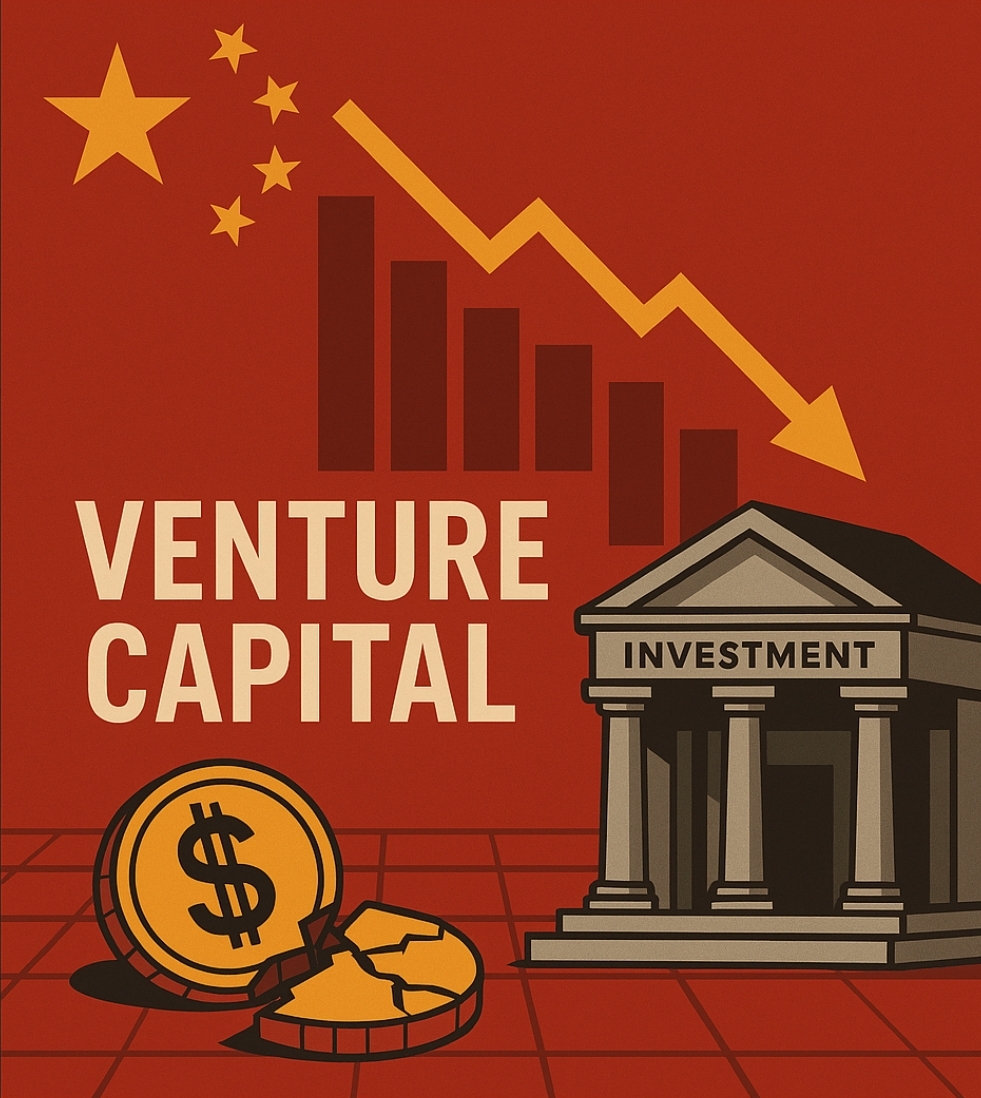The Collapse of China's Venture Capital Industry Signals a Wider Economic and Geopolitical Breakdown

The once-thriving venture capital scene in China is now facing a slow and painful collapse, marking a dramatic shift in the economic relationship between China and the United States. For years, financial investments from Wall Street into China were viewed as a crucial link between the two global powers, even during periods of political hostility. Between 2019 and 2022, U.S. institutions poured nearly $2 trillion into the Chinese economy, chasing the dream of explosive start-up growth and long-term profitability. Ironically, the majority of this funding—close to 60 percent—came at a time when diplomatic relations were deteriorating, reflecting a profound disconnect between geopolitical realities and financial expectations.
Rather than bolstering sustainable growth, this massive inflow of capital may have only postponed the inevitable. Instead of fueling tangible economic development, much of the money flowed into financial channels like corporate bonds and private equity, with little of it going toward Greenfield investments such as physical infrastructure or factories. Critics argue that this capital served more as a financial crutch than a growth engine, propping up fragile sectors while underlying problems festered. According to China’s State Administration of Foreign Exchange, 40 percent of these U.S. investments were funneled into corporate bonds, providing liquidity to Chinese firms whose revenues remained sluggish amid weak domestic demand. The remaining 60 percent was tied up in private equity deals with start-ups, contracts that locked investors in for a decade or more with little flexibility.
At the height of the boom in 2018, over 5,000 start-ups sprang up across China, buoyed by U.S. capital and the promise of market expansion. But the sheen wore off quickly. Most of these companies struggled to turn a profit or achieve sustainable growth. With China’s stock market hovering around 3,000 points and sometimes dipping as low as 2,700, few start-ups managed successful public listings. Meanwhile, tighter Chinese regulations effectively closed the door to U.S. stock exchanges, once a popular route for Chinese firms seeking IPOs. Without viable exit strategies, Western investors found their funds trapped, unable to cash out or recover losses.
By the end of 2022, only about 1,000 of the start-ups founded during the 2018 frenzy remained active. The rest had folded, leaving foreign investors with billions in sunk costs. Wall Street, once enamored with the promise of Chinese innovation, began retreating. A report from the Financial Times captured the sentiment succinctly, describing the Chinese start-up ecosystem as “dying before our eyes.” The erosion of trust, exacerbated by regulatory opacity and shifting government policies, has rendered the investment environment too risky for many.
This implosion has deeper implications beyond just financial losses. It symbolizes a broader shift in global economic dynamics. With the drying up of U.S. investments, China faces shrinking capital inflows at a time when its economy is already under pressure. The decline of the start-up scene also casts doubt on Beijing’s long-term vision of becoming a global innovation hub. As the country turns inward and emphasizes self-reliance, it risks losing the collaborative edge that once fueled its rapid ascent.
For the United States, the retreat marks a significant strategic recalibration. The assumption that financial investments could transcend politics has been shattered. Ray Dalio, founder of Bridgewater Associates and once a vocal supporter of Chinese investments, has significantly reduced his firm’s exposure, citing an increasingly hostile and unpredictable business climate. His caution mirrors a wider trend of skepticism among U.S. investors, who now view the Chinese market as fraught with both economic and political risk.
The crumbling of China’s venture capital industry is more than a business story—it is a reflection of unraveling global ties and the dangers of over-reliance on politically volatile markets. What was once celebrated as a symbol of mutual prosperity now serves as a cautionary tale. As both China and the United States continue to drift apart economically and politically, the disintegration of their financial nexus underscores the end of an era defined by globalization and interdependence.




![From Kathmandu to the World: How Excel Students Are Winning Big [Admission Open]](https://nepalaaja.com/index.php/img/70194/medium/excel-college-info-eng-nep-2342.jpg)
